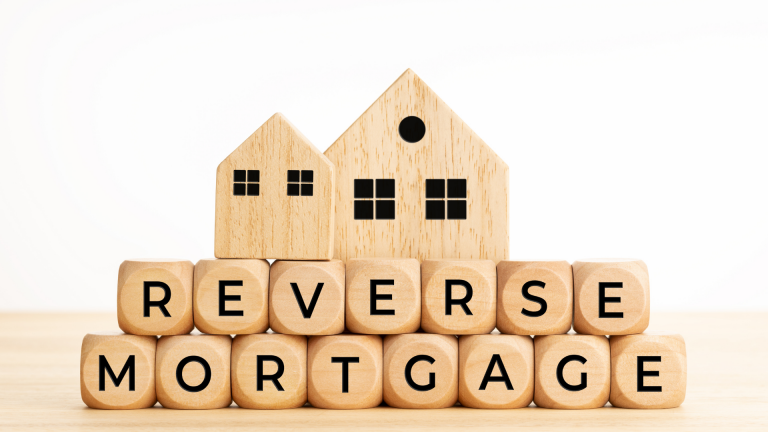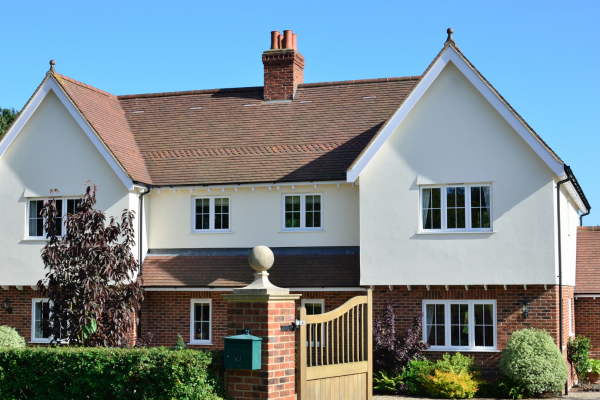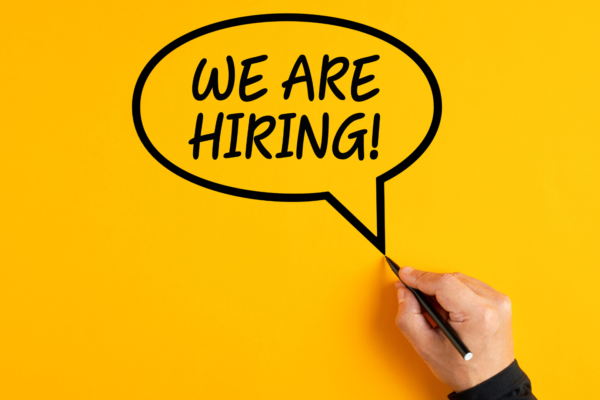When you think of a reverse mortgage, most homeowners think of senior citizens who are financially stable but have a house and no way to pay it off. They might also think of someone who is close to retirement and wants to enjoy the good life but doesn’t want to give up a lifetime of homeownership. But there are other reverse mortgages for other situations, too.
A reverse mortgage is a type of home loan that can be used to pay off the mortgage balance.
Most people have heard of a reverse mortgage, but what is it exactly?
The “Ideal Home” is a dream that many of us have: a big house with a nice yard for our whole families to enjoy. But sometimes, you can end up paying more for a home than the house is worth-especially if you’re older than 65 or have a low income. If you own a home, you may be eligible for a reverse mortgage, which allows you to borrow money against the home’s equity rather than on the entire value of the property. You can opt for getting advice from companies like simonconn.com on what mortgage is right for you.
Reverse mortgages are intended to help senior citizens age in place, continue to live in their homes, own their homes and pay property taxes. However, most reverse mortgage restrictions-which are a huge part of the program-are rarely discussed, which is why we’re writing this article. We want to help you understand how reverse mortgages work.
What Is a Reverse Mortgage?
Reverse mortgages enable homeowners to draw down the home’s equity to pay off mortgage debt while they continue to live in the home. But there are rules to these programs, and they are not always the same from state to state. Some people might not be eligible for a reverse mortgage and if they have to pay off debt, they may have to look for different options to source the cash. Many people prefer selling their house for immediate cash as the amount of debt might be high. When selling a house, homeowners would want to draw out the maximum value they can get for their house. Therefore, they tend to take the assistance of experienced realtors (look at realtors Winston Salem for instance) who can get the best deal for their home. That being said, people who are eligible for a reverse mortgage, should never consider selling their house.
A reverse mortgage is a home loan product that allows the client to borrow against the equity in their home. This is often referred to as a Home Equity Conversion Loan (HECL). A reverse mortgage is, in essence, a loan against the equity in your home. However, you may need to find out the actual valuation of your property before applying for a reverse mortgage. That is when you might require the services of real estate appraisal experts who can assess the value of your home. This is essential because your bank or lender will most probably consider that assessment as they start initiating the reverse mortgage process.
Unfortunately, the path to a secure financial future is not always clear. As we get older and our lives change, it can be harder than ever to find a way to manage our finances. This is where the reverse mortgage industry comes into play. The reverse mortgage industry is all about helping people to finance their retirement. Seniors, especially those who have worked hard, saved money, and need additional financial security, can greatly benefit from such a product. Furthermore, this could help retired people pay doctor bills, medical expenses, and the rent for a senior living community such as Chelsea Senior Living (www.chelseaseniorliving.com/locations/new-jersey/belvidere/).
A reverse mortgage is a type of mortgage that makes it possible for homeowners to tap into their home’s equity without selling their property. The equity is drawn directly from your home’s equity, so you don’t have to turn over any of the house’s equity to a bank or other financial institution.
What are the Benefits of a Reverse Mortgage?
A reverse mortgage is normally sold by a bank and allows you to withdraw your money without penalty while you stay in your place. What is a reverse mortgage? A reverse mortgage is one of the many types of mortgages that banks and savings and loans sell. There are several different types of mortgages. A reverse mortgage, which is sometimes called a loan against the equity, or “HELOC” mortgage, allows the homeowner to take out a loan against the equity in the home. The homeowner can then use the money to pay for expenses like medical bills, taxes, repairs, or even a down payment on a new home. Retirement communities such as Teton Village may offer luxurious homes and established retirement communities where you can buy a new home and spend the rest of your life.
How does a reverse mortgage work? A reverse mortgage is different from a traditional one.
A reverse mortgage is a loan that allows older homeowners to access their home’s equity as a lump sum payment instead of paying it back over time as a mortgage. That allows borrowers to save money and possibly move to a different home in the future. The primary benefit of this type of loan is that it allows borrowers to access their home’s equity without having the trust deed obligated.









